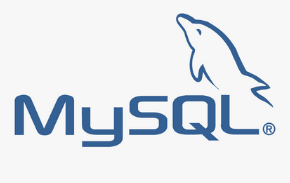
What is MySQL?
MySQL is a relational database management system (abbreviated RDBMS). It allows you to easily manage databases while ensuring a better reading performance than writing performance. For a long time, the MySQL DBMS was open source software whose development was carried out by its active community. However, in 2009, the giant Oracle Corporation proceeded to its takeover. Now MySQL is available under two licenses, an open source and the other owner. Of course, the proprietary product is chargeable and offers more features and better support.
A while before the takeover of MySQL, one of its authors, Michael Widenius, developed children’s software to ensure the continuity of the open source project. This project is the MariaDB DBMS. On the other hand, several companies that previously used MySQL abandoned it in favor of MariaDB. We can cite Wikipedia, Google, Youtube and Adobe.
The features of MySQL
DBMS MySQL is a relational DBMS. The relational nature of MySQL derives from how it stores data. Like other RDBMS, MySQL stores data in tables. Each row corresponds to an entry in the database. Each column, on the other hand, corresponds to a characteristic of an entry. The databases are thus made up of a set of tables linked together by an element called a “key”.
It is compatible with different applications, it is even usually associated with web applications. It is thus found in the LAMP quartet (Linux, Apache, MySQL, and PHP). Before its takeover, most web hosting plans included it. You can now find MariaDB instead. MySQL is cross-platform, it works with many operating systems. In particular, Unix, Windows and Mac OS X systems. The main engines of MySQL are MyISAM and InnoDB. Besides, it supports SQL request language and SQL / PSM. Its management is generally carried out via the phpMyAdmin software.
Why you would like to use MySQL?
Despite its loss in popularity following its purchase, MySQL still satisfies various needs through its benefits.
- It performs better in reading than in writing. It therefore adapts well to sites where data consultation (for example pages) is more important than modification.
- MySQL offers simple syntax and low complexity. Its structure and style are indeed very clear. You just need to know the basics of SQL in order to be able to use MySQL.
- It benefits from a free installation for its community version.
Like all the softwares, MySQL suffers from a few flaws. MySQL is not suitable for projects that will grow in size later on. Likewise, the fact that it is open source limits its possibilities for improvement.